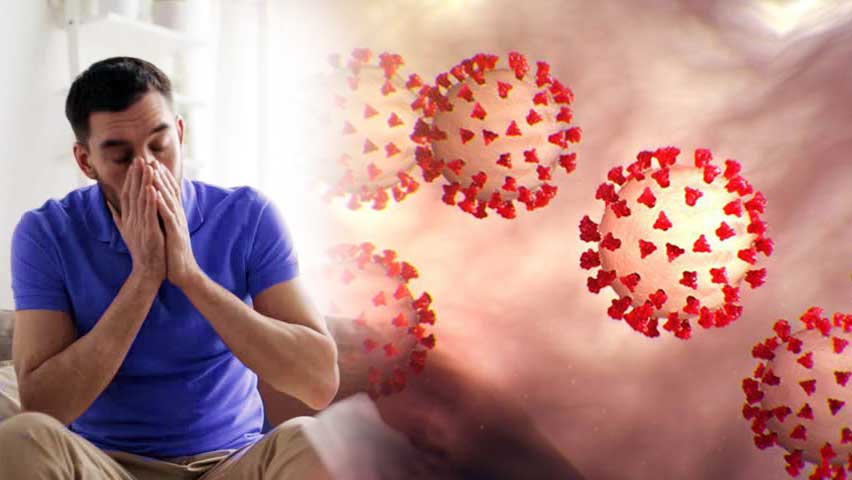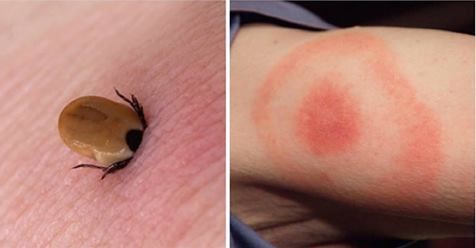Evidence is accumulating that cocoa can reduce the risk of cardiovascular disease. To attain the latest information on the subject, I consulted with Eric Ding, PhD, who is affiliated with the Harvard School of Public Health, and has done extensive research on the cardiovascular benefits of flavonoids, which are present in cocoa beans. In November 2011, Dr. Ding published an extremely informative meta-analysis of 24 short-term studies involving 1,106 subjects in the Journal of Nutrition in November 2011. It showed that flavonoid-rich cocoa reduced major risk factors for cardiovascular and metabolic disease; it reduced high blood pressure, insulin resistance and LDL cholesterol, and increased HDL cholesterol as well as flow-mediated vascular dilation. Last May, a new study, which drew on Dr. Ding’s research was published in Molecular Nutrition & Food Research. It reported that eating cocoa does not just correlate with cardiovascular benefits; rather, a true cause-and-effect relationship exists.
Dr. Ding noted, “The underlying conclusion of the new study is that the correlation between cocoa and preventing heart disease is likely true causal.” said Dr. Ding. Now for the bad news. Dr. Ding noted that to attain the cardiovascular benefits from cocoa, 400 to 600 mg of flavonoid-rich cocoa per day are required; thus, one would need to consume 30 bars of milk chocolate a day—that is not only a high amount for even a devout chocaholic but also not beneficial to one’s health. The added calories from sugar would more than offset the benefits of the flavonoids. Eight to nine bars of dark, unsweetened chocolate could provide the necessary amount of flavonoids, but that is still quite a lot of chocolate.
Dr. Ding notes that an alternative exists to gorging on chocolate on a daily basis. Dietary supplements containing flavonoids are currently available. Thus, adding such a supplement is worth considering. A healthy diet and exercise program are proven methods of improving cardiovascular health. Cardiovascular health can be improved by consuming omega-3 fatty acids, present in oily fish such as salmon and tuna, as well as omega-6 fatty acids, found in vegetable oils, nuts, and seeds.
Dr. Ding is an epidemiologist, nutrition scientist, and a research faculty at Harvard School of Public Health. He is also founder and Director of the Campaign for Cancer Prevention (with 6 million members), Director of Epidemiology with MicroClinic International, a Soros Fellow, and a WEF Global Shaper. His research focuses on obesity and nutritional risk factors for chronic diseases, social networks on health, and social media technology for health. He has published in leading journals, including the New England Journal of Medicine, Journal of the American Medical Association, and The Lancet. His 65+ publications have received more than 3,000 external citations (H-INDEX citation impact of 23). As Director of Epidemiology at Microclinic International, he is the co-Principal Investigator of several randomized controlled trials of social network interventions against obesity and diabetes in the US and abroad.



